
Karl-Dimiter Bissig
Duke University Medical Center
USA
EMBO Practical Course
In the last decade, several new genetically modified immune deficient mouse strains have been developed. They allowed high levels of engraftment of the human immune system, tissues and tumours. These models have become highly relevant for basic research to understand the function of the human immune system and the development of human pathologies (infections and cancer) in vivo. They are also being increasingly used as potency and safety models to evaluate new therapies and approaches in regenerative medicine prior to testing in humans.
This course will cover all aspects of the topic, including conceptual and technical classes on human stem cell transplantation and immune reconstitution, infections with human-specific pathogens (EBV, HIV, HCV, HBV, Ebola, Adenovirus), in vivo modelling using patient-derived xenografts (PDX) of solid tumours and leukaemia models as well as regenerative approaches for the liver.
The Jackson Laboratory will provide additional support for the course, which will take place at the EMBL Advanced Training Centre in Heidelberg, which provides state-of-the-art laboratory space in an exciting academic environment. Besides presenting lectures, the speakers will be involved in wet-lab activities with the PhD students and Post-docs using humanized mice: isolation of cells and tissues, analysis of cell panels by flow cytometry, as well as histological and molecular analyses. Finally, we will discuss the value and impact of these models on the biology and therapy of human diseases.
Junior faculty, post-docs and pre-docs in the field, who will be selected based on their letter of motivation, level of pre-education and training in the fields of immunology, infectious diseases, oncology, pharm-tox. The goal is to promote their intellectual and practical training in the development and analyses of predictive humanised mouse models.
For an impression of the course check the 2017 course programme.

Duke University Medical Center
USA

The Francis Crick Institute
UK
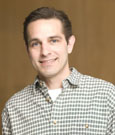
University of Massachusetts Medical School
USA
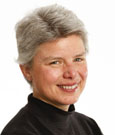
The Jackson Laboratory
USA

Institut Pasteur
France
BioLegend GmbH
Germany

AstraZeneca
UK

University Medical Center Groningen
The Netherlands
U.S. Food and Drug Administration
USA

University Medical Center Groningen
The Netherlands
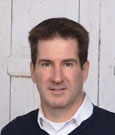
University of California Los Angeles
USA

Centre for Molecular Medicine Cologne
Germany

EMBL-EBI Hinxton
UK
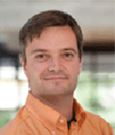
University of Zurich
Switzerland

The Heinrich Pette Institute, Leibniz Institute for Experimental Virology
Germany
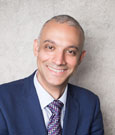
University of Cambridge
UK
Roche Zurich
Switzerland
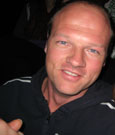
University of Groningen
The Netherlands

Hannover Medical School
Germany
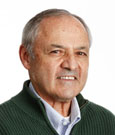
The Jackson Laboratory
USA

Hannover Medical School
Germany

German Cancer Research Center
Germany
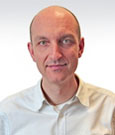
University of Torino Medical School
Italy
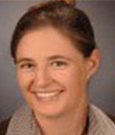
University Hospital Regensburg
Germany

Miltenyi Biotec
Germany
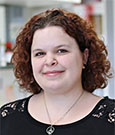
HI-STEM
Germany
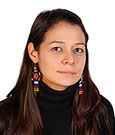
EMBL Heidelberg
Germany
EMBL Heidelberg,
Germany
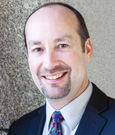
The Jackson Laboratory
USA
Hannover Medical School
Germany
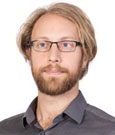
EMBL-EBI Hinxton
UK
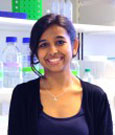
Center for Molecular Medicine Cologne
Germany
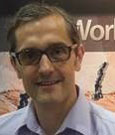
BioLegend
Germany

The Jackson Laboratory
USA

Duke University Medical Center
USA

University of Zurich
Switzerland
EMBL Heidelberg
Germany

University of Groningen
The Netherlands

The Jackson Laboratory
USA

Hannover Medical School
Germany

EMBL Heidelberg
Germany
Date: 3 - 8 Nov 2019
Location: EMBL Heidelberg